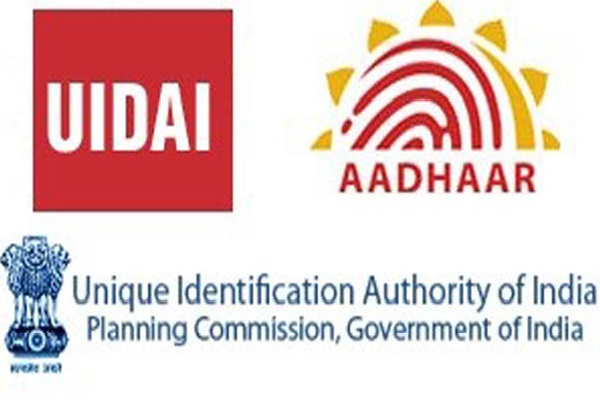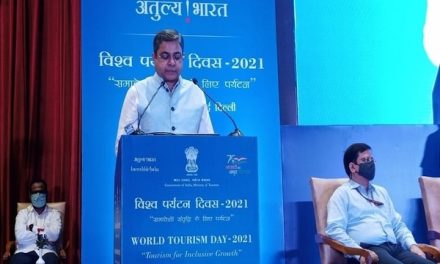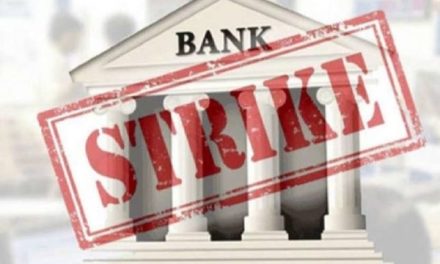“Those wishing to give inputs on #Budget2020 please do so using @mygovindia – Inviting Ideas and Suggestions for Union Budget 2020-21,” she tweeted. The Budget is expected to be presented on February 1, a Saturday.
This year too, the Ministry [of finance] looks forward to hearing from you on your suggestions for the Union Budget which will be presented in Parliament in the upcoming session, her message to citizens said. The last date for submissions of suggestions is January 20, 2020.
“We seek your valuable ideas to continue the tradition of the Union Budget 2020-21 incorporating the citizens’ aspirations,” it said. Citizens can submit their suggestions either directly in the comments box or attach a PDF document by using specific hashtags — #IncomeTax #Finance #Farmers #Agriculture #Health #Education #Environment #WaterConservation #GST #Employment #Entrepreneurship #Railways #Infrastructure #Others
The Finance minister also started her pre-budget consultations from Monday with the stakeholder Groups from Digital Economy, Fintech and Start-ups.
“The main areas of discussion during the aforesaid meeting included data issues such as the use of Big Data technology, phenomena by analyzing large data sets, Use of Big Data Technology for SME Sector and unleashing the power of Big Data for Public Governance,” a finance ministry statement said.
Other issues that dominated the discussion included digital infrastructure and role of government, regulation of digital economy especially in privacy, financial regulation, ease of doing business environment for start-ups, infrastructure gaps for digital India and taxation issues, it said.
The industry representatives raised issues related to the sector, including incentives for encouraging setting up of data centers, fiscal incentives for data localization, incentives for pushing digital penetration in rural areas, corporate guarantee to start-ups for competing with other nations, rationalization of minimum alternate tax rate, tax exemption for start-up units, creation of specific agency for looking after cross border financial crimes, increasing women employment (gender dividend in skill development), training youth in skill development along with international internships and incentivizing research and development within India.
The meeting was chaired by Sitharaman and attended by minister of state for finance and corporate affairs Anurag Thakur, finance secretary Rajeev Kumar, economic affairs secretary Atanu Chakraborty, revenue secretary Ajay Bhushan Pandey, department of electronics and information technology secretary Ajay Prakash Sawhney, department of telecommunications Anshu Prakash, Central Board of Direct Tax (CBDT) chairman Pramod Chandra Mody, Central Board of Indirect Tax and Custom (CBIC) PK Das and chief economic advisor K.V. Subramanian.
Industry participants included Deepak Acharya, Global Chief Legal Officer (CLO), Wipro Ltd, Mandeep Singh Puri, chairman, Electronic and Computer Software Export Promotion Council, Dheeraj P Sharma, Director, IIM Rohtak, George Paul CEO, MAIT, Ashish Aggarwal, head of public policy, Nasscom, Suneel Maggo, president, Chamber of Start-ups, Industries and Entrepreneur (India) Council, Raj Nehru, Vice-Chancellor, Shri Vishwakarma Skill University, Deepa Mani, professor, Indian School of Business and Hari Om Rai, CMD, Lava International Ltd.











